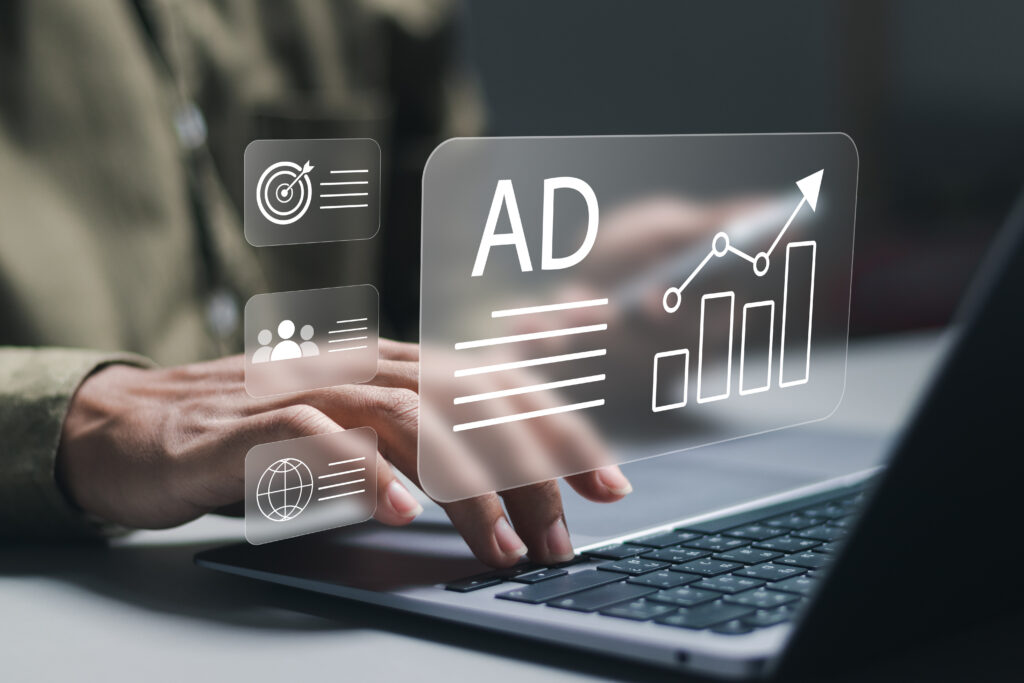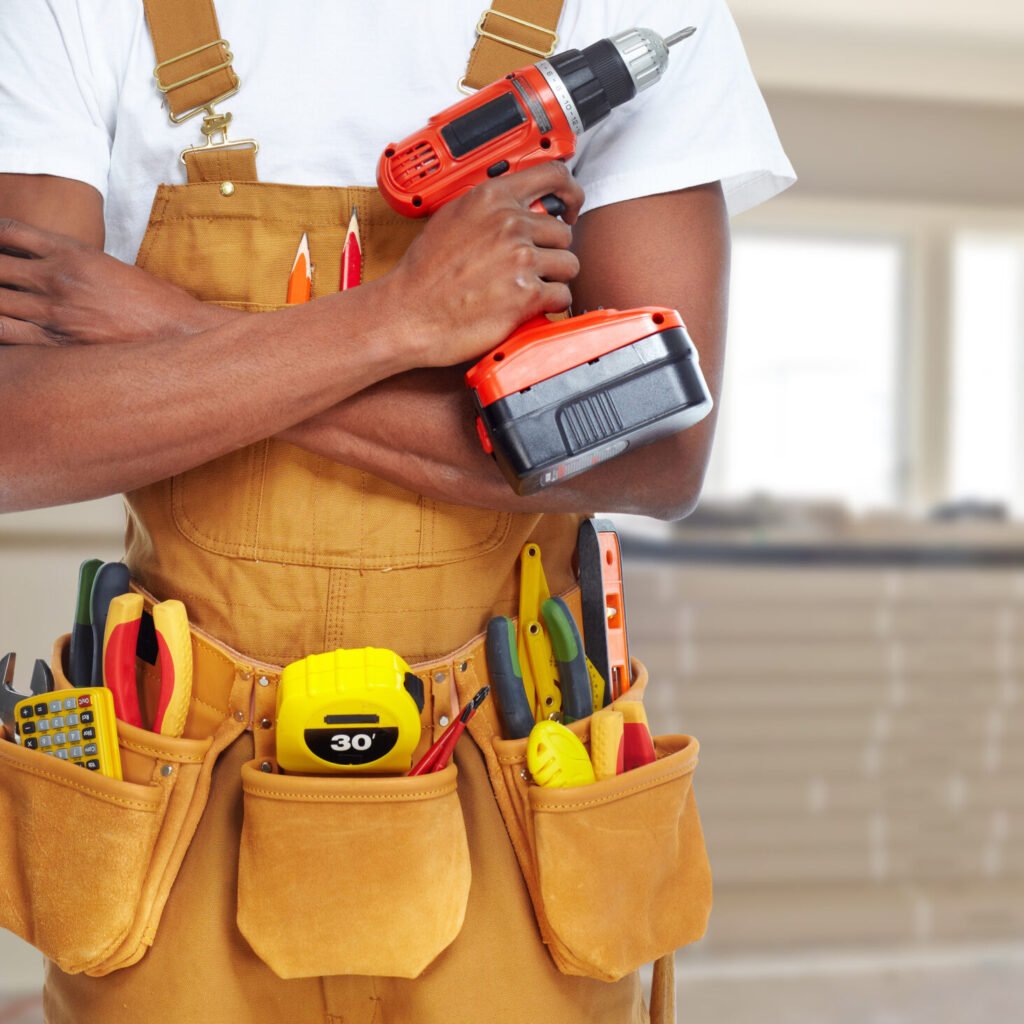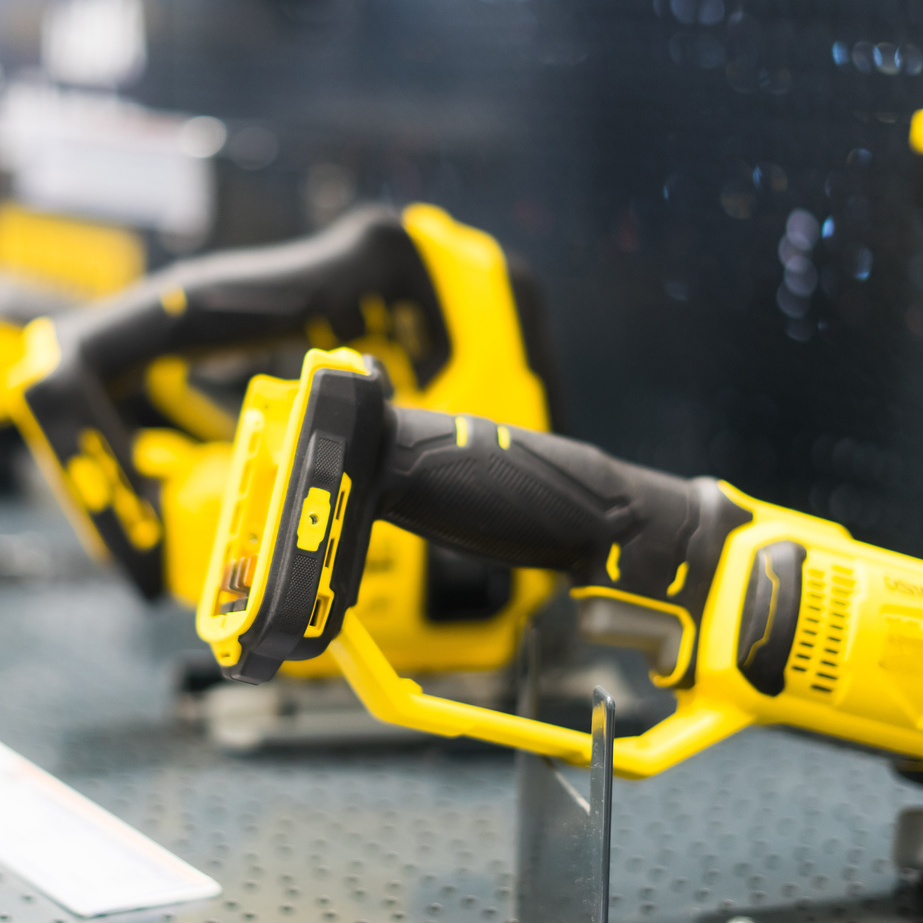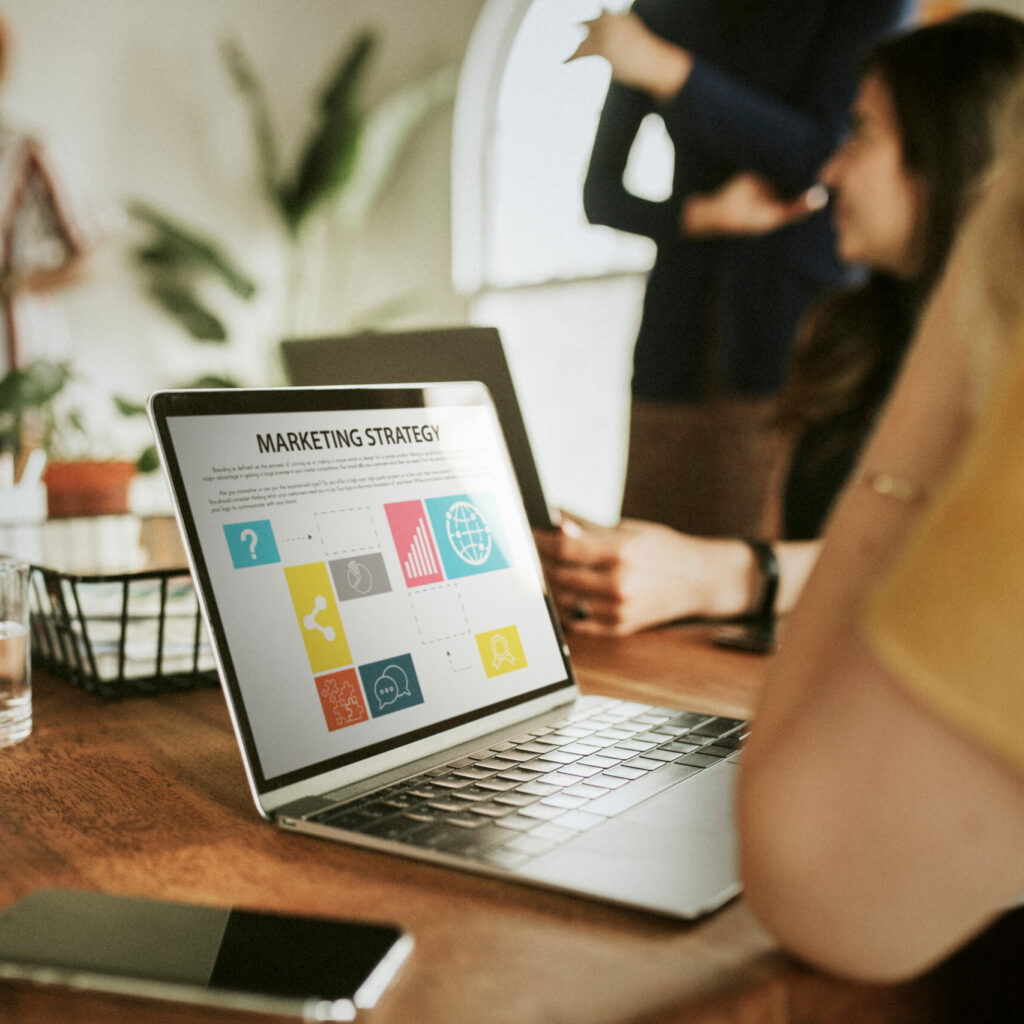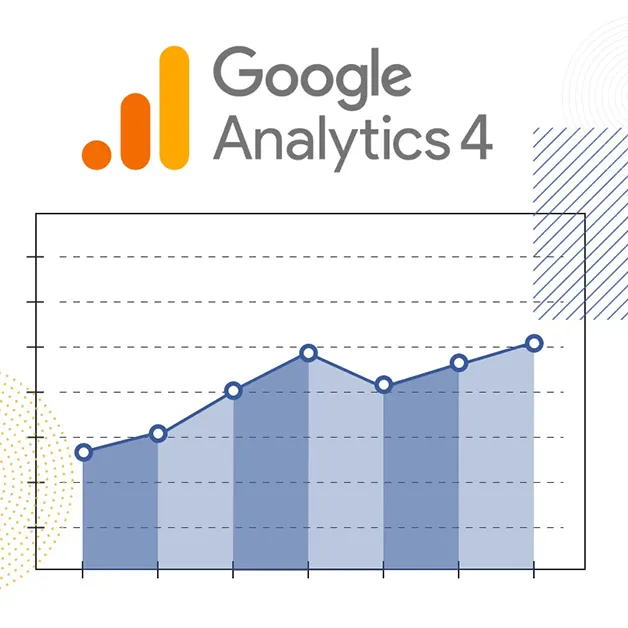Which Social Media Platforms Should You Use: Pros & Cons

As a building materials company, figuring out which social media platform you should use can be harder than playing Jenga with a blindfold on. With so many options available, it can take a lot of time to determine which platforms will be the most effective for reaching your target audience.
The truth is that not all social media platforms are made equal. One platform may be a goldmine for a retail brand, but that same platform may be as dry as the Sahara for a company like yours. This is why it’s so important to know your audience before putting your eggs in one social media basket.
In this blog post, we’re exploring the pros and cons of each social media platform and helping you decide which one is right for your business.
Pros: Facebook is the largest social media platform, with over 2.8 billion active users. It offers various advertising options, including targeted advertising based on demographics, interests, and behaviors, which is great for companies with unique audiences.
Facebook is an excellent platform for sharing visual content like photos and videos and allows for live streaming. Facebook also offers the option to create a company page, which can help increase brand awareness and engagement.
Cons: With so many users on the platform, it can be challenging to stand out and reach your target audience. The algorithm also constantly changes, making maintaining engagement with your followers difficult. A lot of younger audiences don’t live on Facebook the way that they used to.
Pros: Instagram is a highly visual platform, making it ideal for showcasing building materials in use. It has over 1 billion active users and offers various advertising options, including sponsored posts and stories. Instagram’s algorithm is also more straightforward than Facebook’s, making it easier to reach your target audience.
Instagram is a great platform for building materials companies that are looking to target newer Pros.
Cons: Instagram is primarily a mobile app, meaning users may be less likely to engage with your content on a desktop. It also relies heavily on visual content, which may be better for some building material companies, but will require a knowledge of creating visually appealing content like infographics, for example.
Pros: LinkedIn is a professional networking platform, making it an excellent option for B2B marketing. It offers a range of advertising options, including sponsored content, sponsored InMail, and display ads. LinkedIn also allows for company pages, which can help increase brand awareness and engagement among industry professionals.
Cons: LinkedIn’s advertising options can be more expensive than other platforms, making it less accessible for smaller building material companies. Its user base is more limited, with 756 million active users, which may make it more challenging to reach a broader audience.
X (Twitter)
Pros: X is a platform that allows for real-time communication and engagement. It has 330 million active users and offers advertising options like promoted tweets and accounts. X is an excellent choice for building brand awareness and fostering engagement with your audience. Because X is primarily text-based, you don’t need to spend too much time making visually appealing content.
Cons: X’s character limit can make it challenging to convey complex messages effectively. Its fast-paced nature can make it difficult to stand out and maintain engagement with your followers.
Choosing the right social media platforms for your building material company depends on your target audience and marketing goals. Facebook, Instagram, LinkedIn, and Twitter all offer unique advantages and disadvantages to consider when developing your social media strategy.
By understanding the pros and cons of each platform, you can choose the ones best suited to your business and maximize your social media marketing efforts.
Let’s Talk
"*" indicates required fields





